Hunting festivals, a tradition as old as civilization itself, are a celebration of the bond between humans and nature. These events are not just about the thrill of the hunt, but they also serve as a platform to showcase local culture, traditions, and the importance of conservation.
Explanation of hunting festivals and their significance
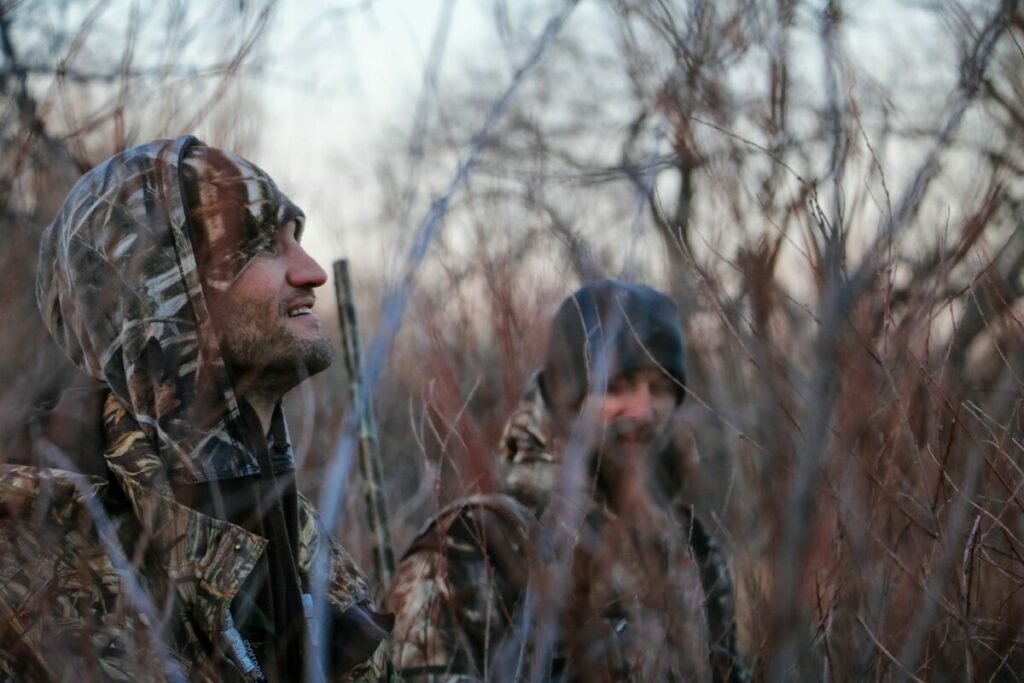
Hunting festivals are events that typically involve hunting game as part of a cultural or community celebration. They can range from small local gatherings to large-scale international events. The activities during these festivals may vary, but they often include hunting expeditions, exhibitions of hunting equipment, cooking competitions using game meat, and even educational seminars on wildlife conservation.
The significance of hunting festivals goes beyond just the act of hunting. They play a crucial role in promoting cultural heritage and fostering community bonds. Many festivals also emphasize the importance of sustainable hunting practices and wildlife conservation, making them an important platform for environmental education.
In many cultures around the world, hunting festivals serve as rites of passage for young hunters. They provide an opportunity for experienced hunters to pass down their skills and knowledge to the younger generation, ensuring that the tradition continues.
Hunting festivals also contribute significantly to local economies. They attract tourists who spend money on accommodation, food, and local products. This boosts income for local businesses and can help support conservation efforts.
One notable example is the Japanese whaling festival, where locals honor their whaling heritage while promoting sustainable practices. Similarly, in parts of Europe and North America, deer hunting festivals are common and often coincide with the start of the hunting season.
Here’s a quick summary table:
Hunting Festivals | Significance |
|---|---|
Cultural Heritage | Hunting festivals preserve cultural traditions by serving as rites of passage for young hunters. |
Community Bonds | These events foster community bonds by bringing people together in celebration. |
Environmental Education | Festivals often emphasize sustainable hunting practices and wildlife conservation. |
Economic Impact | Hunting festivals boost local economies by attracting tourists who spend on accommodation, food, and local products. |
Origins and History of Hunting Festivals
Hunting festivals, a tradition that dates back to ancient times, have a rich and storied history. These events, which celebrate the art of hunting, have evolved significantly over time. From the prehistoric era to the present day, hunting festivals have been a part of human culture, bringing communities together in a shared appreciation for nature and survival skills.
Overview of how hunting festivals originated and evolved over time
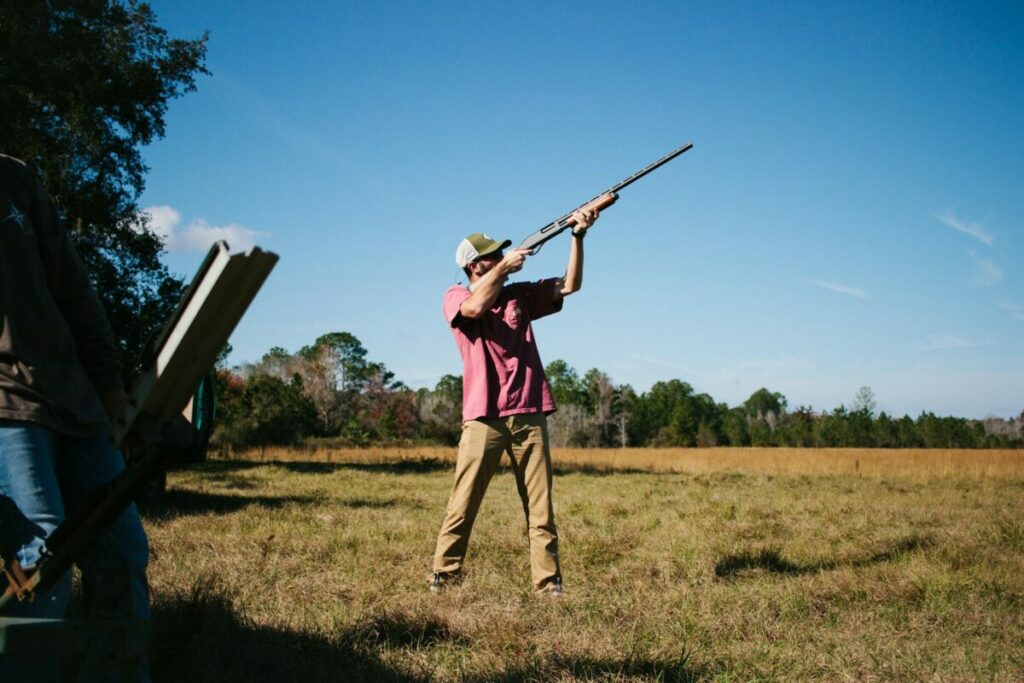
Early Beginnings: The origins of hunting festivals trace back to prehistoric times when hunting was not just a sport or pastime but a necessity for survival. Early humans would often gather after successful hunts to celebrate their triumphs. These occasions gradually evolved into communal events or festivals.
Ancient Traditions: Hunting festivals were grand affairs in ancient civilizations like Egypt and Rome. They were often tied to religious ceremonies or rites of passage. For instance, in ancient Rome, the Venatio, a type of public spectacle that involved the hunting and killing of wild animals, was part of the grand Roman games.
Modern Celebrations: Today, hunting festivals have taken on new forms and meanings. They are no longer about survival but more about tradition, conservation, and community bonding. These events often feature competitions, demonstrations, and educational sessions about wildlife conservation.
Historical Period | Hunting Festival Characteristics |
|---|---|
Prehistoric Times | – Necessity for survival – Communal celebrations after successful hunts |
Ancient Civilizations | – Grand affairs tied to religious ceremonies or rites of passage – Part of public spectacles like the Roman Venatio |
Modern Times | – Tradition and community bonding- Emphasis on wildlife conservation- Competitions and educational sessions |
Hunting festivals, despite their evolution over time, continue to be a significant part of human culture. They serve as a testament to our shared history and our enduring connection with nature. Whether it’s for sport or tradition, these events continue to draw people from all walks of life, reflecting our collective fascination with the natural world.
Cultural Significance of Hunting Festivals
Across the globe, hunting festivals are celebrated with much enthusiasm and fervor. These festivals are not just about hunting; they are a rich blend of tradition, culture, and community bonding. From the remote corners of Africa to the highlands of Scotland, hunting festivals have a unique cultural significance that is deeply rooted in the history and lifestyle of the people.
Discussion on the cultural importance of hunting festivals in different regions

In Africa, hunting festivals like the Argungu Fishing Festival in Nigeria, are an integral part of their culture. The festival is an annual four-day event that involves competitive fishing, cultural dances, agricultural shows, and traditional music. It’s not just about the hunt but also about bringing together diverse ethnic groups to celebrate their shared heritage.
Moving on to Europe, in Scotland, the Glorious Twelfth marks the start of the red grouse shooting season. It’s a day that brings communities together, boosts local economies, and promotes conservation efforts. The festival is steeped in tradition and is a testament to Scotland’s rich cultural heritage.
In North America, hunting festivals like the Whitetail Deer hunting season are eagerly anticipated. These events are more than just sport; they’re about community, tradition, and respect for nature.
Here’s a quick look at how these regions celebrate hunting festivals:
Region | Festival | Significance |
|---|---|---|
Africa | Argungu Fishing Festival | Brings together diverse ethnic groups to celebrate shared heritage |
Europe | Glorious Twelfth | Promotes community bonding, local economy, and conservation efforts |
North America | Whitetail Deer Hunting Season | Encourages community bonding, tradition, and respect for nature |
Popular Hunting Festivals Around the World
For many communities around the globe, hunting is not just a sport or a means of sustenance; it’s a deeply ingrained tradition. Many of these traditions have evolved into grand hunting festivals, attracting participants and spectators from all walks of life. These festivals are not only about the thrill of the hunt but also celebrate cultural heritage.
Highlighting some of the most famous hunting festivals globally
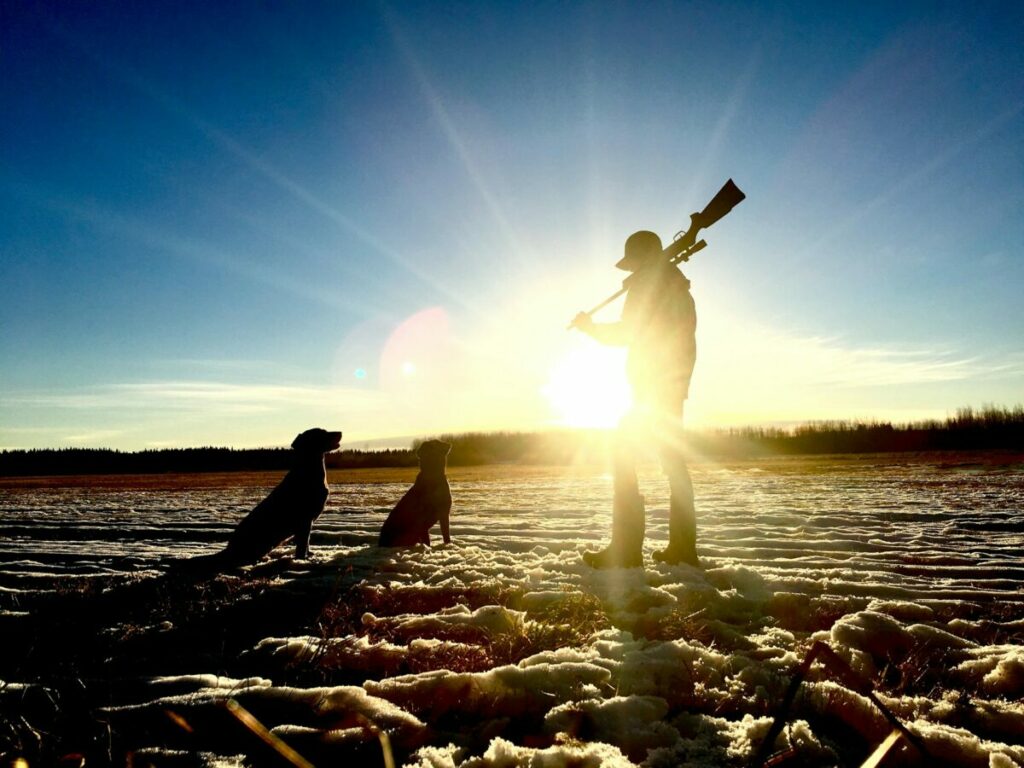
The King’s Cup Elephant Polo Tournament in Thailand is one such event that has gained international recognition. This unique festival, held annually in Bangkok, features teams from around the world competing in a polo match using elephants instead of horses. While not a traditional hunt, this event embodies the spirit of competition and camaraderie found in many hunting festivals.
The Golden Eagle Festival in Mongolia is another noteworthy event. This annual festival showcases the ancient art of eagle hunting. Participants, known as eagle hunters, compete to catch small animals with their trained golden eagles. The festival serves as a testament to the symbiotic relationship between humans and nature.
The Whaling Festival in Alaska, celebrated by the Inupiat community, is an important cultural event. The festival marks the start of the whaling season and includes various activities such as dance performances, community feasts, and traditional games.
The Running of the Hounds in England is a traditional hunting festival that dates back centuries. Participants, or “fox hunters,” engage in a chase to track down a fox using a pack of hounds. Despite controversy over its ethical implications, this festival remains popular among many.
Here’s a table summarizing these festivals:
Festival | Location | Description |
|---|---|---|
King’s Cup Elephant Polo Tournament | Thailand | Teams compete in polo matches using elephants instead of horses |
Golden Eagle Festival | Mongolia | Participants compete to catch small animals with their trained golden eagles |
Whaling Festival | Alaska, USA | Marks the start of whaling season with dance performances, community feasts, and traditional games |
Running of the Hounds | England | Participants engage in a chase to track down a fox using hounds |
These festivals serve as vibrant reminders of our shared history and cultural diversity. They offer unique experiences that blend tradition with adventure while promoting respect for nature and wildlife.
Festive Elements in Hunting Festivals
Engaging in hunting festivals is an age-old tradition that continues to be celebrated in various parts of the world. These events are not just about the thrill of the hunt, but also about celebrating the rich cultural heritage, traditions, and community spirit.
Exploring the various festive elements incorporated in hunting festivals
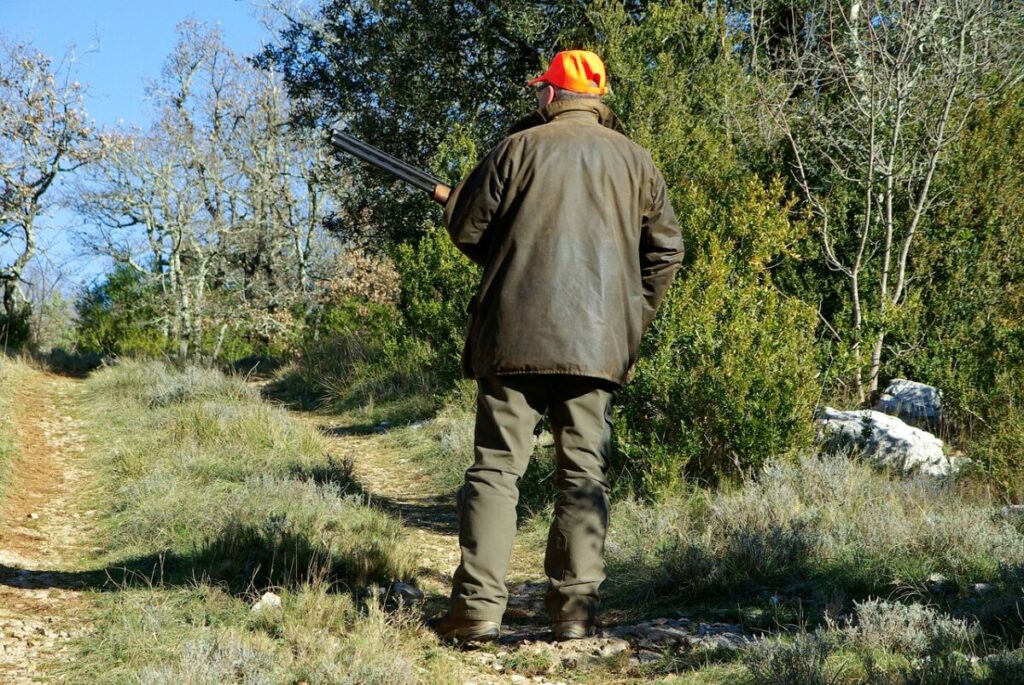
1. Cultural Significance: Hunting festivals often carry significant cultural value. They are seen as a way to honor traditions and pay homage to the ancestors who relied on hunting for survival. These festivals often include traditional dances, songs, and rituals that have been passed down through generations.
2. Community Bonding: Hunting festivals serve as a platform for community bonding. They bring together people from different walks of life who share a common interest in hunting. The sense of camaraderie and unity fostered during these events helps strengthen community ties.
3. Skill Showcase: Hunting festivals provide an opportunity for hunters to showcase their skills and prowess. Competitions are held where hunters can demonstrate their tracking, shooting, and survival skills.
4. Conservation Awareness: Many hunting festivals also incorporate conservation education into their programs. They aim to promote sustainable hunting practices and raise awareness about the importance of wildlife conservation.
5. Food & Merriment: Last but not least, these festivals are characterized by feasts and merriment. The game hunted during the festival is often cooked and shared among participants, accompanied by music, dance, and laughter.
Here’s a table summarizing the festive elements:
Festive Element | Explanation |
|---|---|
Cultural Significance | Hunting festivals honor traditions and pay homage to ancestors with traditional dances, songs, and rituals. |
Community Bonding | These events foster camaraderie and unity, strengthening community ties. |
Skill Showcase | Hunters get an opportunity to demonstrate their tracking, shooting, and survival skills in competitions. |
Conservation Awareness | Many festivals promote sustainable hunting practices and wildlife conservation awareness. |
Food & Merriment | The game hunted is cooked and shared among participants with music, dance, and laughter adding to the festive spirit. |
Remember that while hunting can be a thrilling sport, it’s essential to respect wildlife and practice sustainable hunting methods.
Controversies Surrounding Hunting Festivals
Hunting festivals are a long-standing tradition in many cultures worldwide. They often serve as a celebration of heritage, community bonding, and a means to control certain animal populations. However, these events are not without controversy.
There are ethical and environmental concerns that have been raised over the years. Critics argue that hunting festivals often lead to unnecessary animal suffering and can negatively impact the environment.
Examining the ethical and environmental concerns associated with hunting festivals
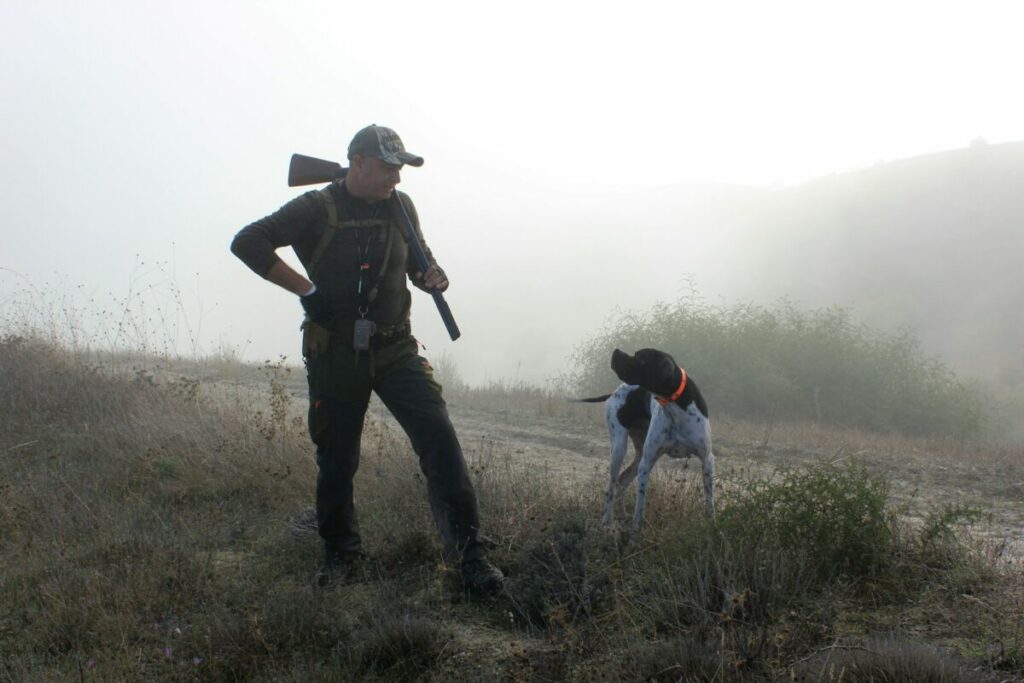
Ethical Concerns: The ethical issues surrounding hunting festivals revolve around animal welfare. Critics argue that these events can cause unnecessary suffering and death to animals, particularly when non-professional hunters are involved. Some believe that the celebratory nature of these events can desensitize participants to the value of animal life.
Environmental Concerns: Beyond ethical considerations, hunting festivals can also pose significant environmental threats. Overhunting during these events can lead to a decrease in animal populations, disrupting ecosystems and threatening biodiversity. There is also the issue of littering during these events, which can harm wildlife and pollute natural habitats.
Despite these controversies, proponents of hunting festivals argue that they contribute to wildlife management efforts and provide economic benefits to local communities. They claim that these events can help control overpopulated species and generate revenue through tourism.
However, it’s crucial for organizers and participants to consider the potential negative impacts of these events and take steps to mitigate them. This could include implementing stricter regulations on hunting practices, educating participants about responsible hunting, and ensuring proper waste management during these events.
Here’s a table summarizing the controversies surrounding hunting festivals:
Controversy | Explanation |
|---|---|
Ethical Concerns | – Animal Welfare: Critics argue that hunting festivals can cause unnecessary suffering and death to animals. – Desensitization: The celebratory nature of these events may desensitize participants to the value of animal life. |
Environmental Concerns | – Overhunting: Hunting festivals can lead to a decrease in animal populations, disrupting ecosystems. – Pollution: Littering during these events can harm wildlife and pollute natural habitats.- Wildlife Management: Proponents argue that these events help control overpopulated species. |